Danielle Wood: Consent class is our best hope to keep kids safe
Consent education should not be regarded as a political or religious issue, but a human rights issue, writes Danielle Wood
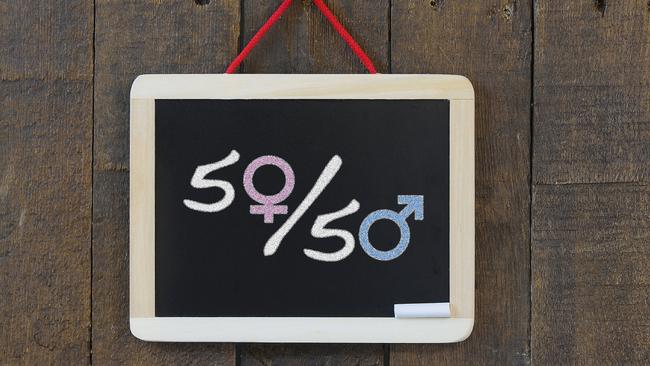
Opinion
Don't miss out on the headlines from Opinion. Followed categories will be added to My News.
Quick question for you, dear reader: if you were to be asked to nominate an organisation with such a faultless record on respectful, consensual relationships that this organisation should be given a leave-pass from attending consent class, would that organisation be the Catholic Church?
No? No, not for me either.
In recent weeks, in an article published on the Archdiocese of Hobart website, the executive director of Catholic Education Tasmania expressed concern at the addition of mandatory consent education to the Australian curriculum, calling it “anti-family and secular ideology”.
In his article, Dr Gerard Gaskin claims that consent education teaches children “that any form of sexual activity is OK provided both persons give consent”. He sees this as contrary to Catholic morality, which holds that sexual activity is only right when it is both consensual and “expressed within the loving relationship between husband and wife”.
Consent education, he says, includes information that is “highly sensitive, amoral and potentially harmful” to school students.
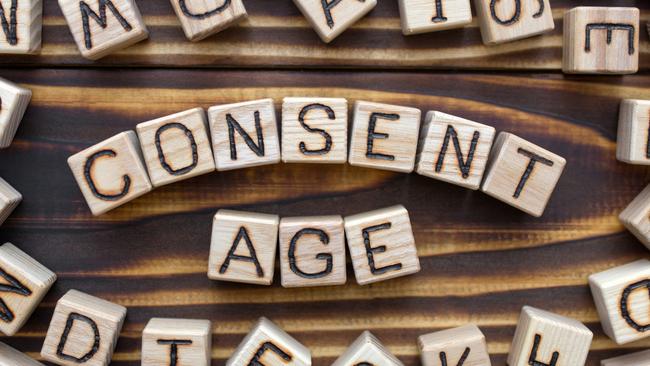
Dr Gaskin’s article is concerning, not only because it seems to misunderstand what the new additions to the Australian curriculum actually call for, but also because it seems fundamentally prurient.
Consent education is not only about sex. When we teach children and young people about consent, we are teaching them about their rights to have boundaries and to insist on those boundaries being respected.
Such boundaries apply across a vast range of situations and activities. A person may or may not give consent to be kissed on the cheek, or be hugged, as a social greeting or farewell. A person may or may not give consent to have their photograph taken.
Consent is at issue when someone says they’re not ready to have a difficult conversation; it’s at issue when you keep someone’s information private rather than sharing it.
Even when consent education does explicitly address romantic and sexual activity, it’s not just about the kinds of sexual activity I assume Dr Gaskin considers ought to be quarantined in marriage. Holding hands, kissing – neither of which I imagine you need a wedding ring for, even in the Catholic Church – are activities that bring consent into issue.
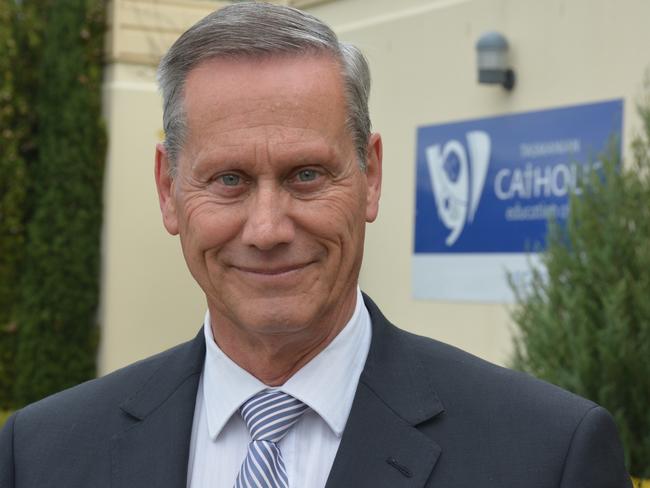
The relevant items within the Australian Curriculum V9 are the Health and Physical Education Capabilities AC9HPFP04 (foundation year), AC9HP2P04 (year 1 and 2), AC9HP4P07 (year 3 and 4), AC9HP6P07 (year 5 and 6), AC9HP8P07 (year 7 and 8) and AC9HP10P07 (year 9 and 10); you can look them up yourself and see how they’re calibrated across the school years for age-appropriateness.
While year 3 and 4 students “rehearse and refine strategies for seeking, giving and denying permission respectfully and describe situations when permission is required”, year 9 and 10 students “examine how strategies, such as communicating choices, seeking, giving and denying consent, and expressing opinions and needs can support the development of respectful relationships, including sexual relationships” (my emphasis).
The inclusion of sexuality in the year 10 calibration is more than reasonable, especially when mapped against 2022 results of the 7th National Survey of Australian Secondary Students and Sexual Health (SSASH), which reports that 43 per cent of year 10 students had engaged in anal or vaginal sex, rising to 68.9 per cent of year 12 students.
The vital importance of consent education is underscored by the survey’s finding that a staggering 40 per cent of sexually active respondents had experienced unwanted sex.
One of the things we tend to forget is that if we know a large number of people who’ve been sexually assaulted, it’s also likely we also know a large number of people who’ve perpetrated a sexual assault.
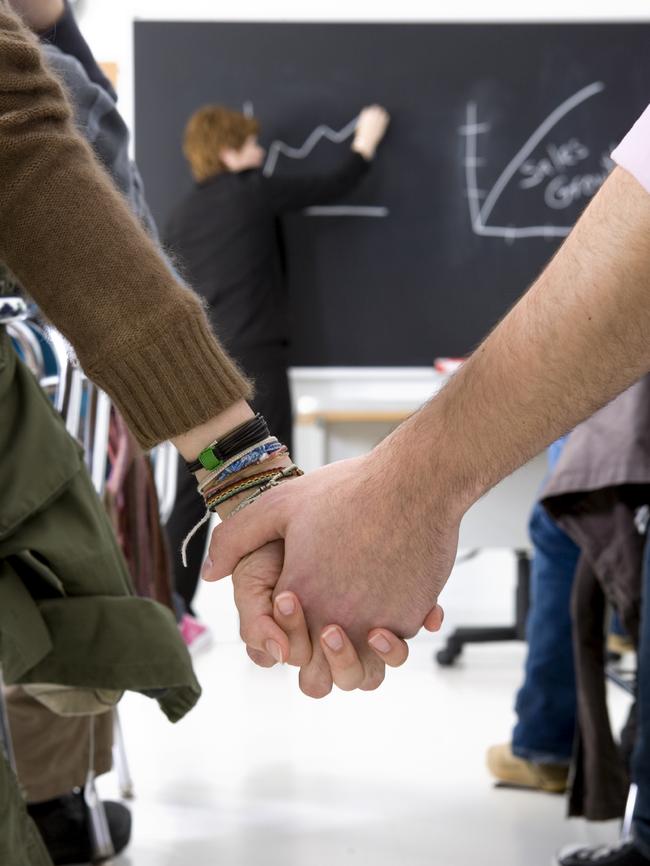
While, as a society, we’re fairly clear about how to respond to violent stranger-rape/sexual assault, we’re much more confused about how to deal with the far more common phenomenon of rape/sexual assault between people known to each other. The marriage union is certainly no guarantee of consensuality.
Consent education is critical for young people so they learn both how to protect their own boundaries, and how to respect other people’s. It needs to start early, and in all schools, regardless of religious affiliation; it should undergird and prefigure any other ‘moral’ frameworks.
There are quite a lot of adults who could be usefully sent back to consent school, too, including the male high school educator who told me that a sexual assault could not have taken place between two students “because they’re in a relationship”.
Speaking to Hobart’s ABC this week, the founder of Teach Us Consent, Chanel Contos, made the excellent point that consent education should not be regarded as a political or religious issue, but a human rights issue. In response to Catholic Education Tasmania’s resistance to consent education, she said: “Abstinence is a choice; sexual assault is not.”
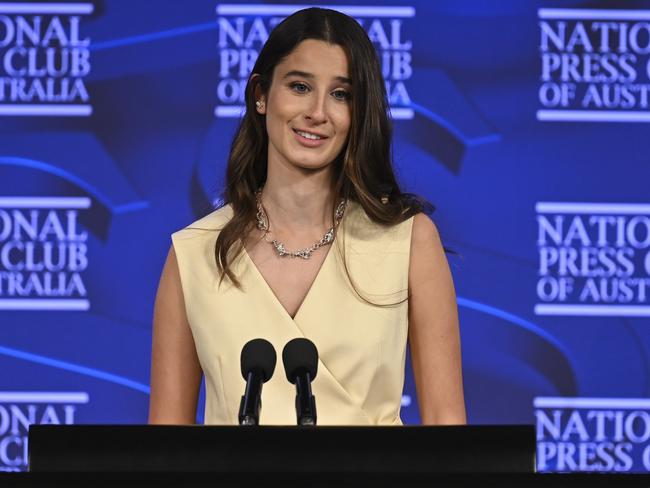
In 2021, Contos polled her Instagram followers about whether or not they, or someone they knew, had been sexually assaulted when they were at school. An overwhelming response led to her founding Teach Us Consent, the campaigns of which have been instrumental in triggering changes to the Australian curriculum.
Speaking to the National Press Club last month, Contos used the term “entitled opportunists” to refer to a significant category of rapist: well-educated young men who are “confident, powerful and opportunistic in other areas of their lives”.
“Their offences are predatory acts that are unplanned or exhibit poor self-control. Little anger is exhibited and there is minimal physical violence, often none. So it’s sexual coercion that’s the avenue, namely pressuring, tricking, threatening or forcing someone in a non-physical way. Or using drugs and alcohol, so the victim can’t consent.”
Belief in their own entitlement and a lack of empathy are key to their offending, and because of the private nature of the encounters, and the unwillingness of victims to come forward into a brutal justice system, these perpetrators rarely face consequences for their actions. Contos says she believes the incidence of this kind of opportunistic sexual assault would decrease if young men were better educated about consent and, consequently, had greater empathy for others.
Dr Gaskin’s fantasy of a world without pre- or extramarital sex should not be allowed to get in the way of the swift and thorough implementation of consent education in all schools, including Catholic schools, because such education is our best hope to increase empathy between, and safety for, our young people.
Dr Danielle Wood is an acclaimed author, who has had great success writing under various pen names.




